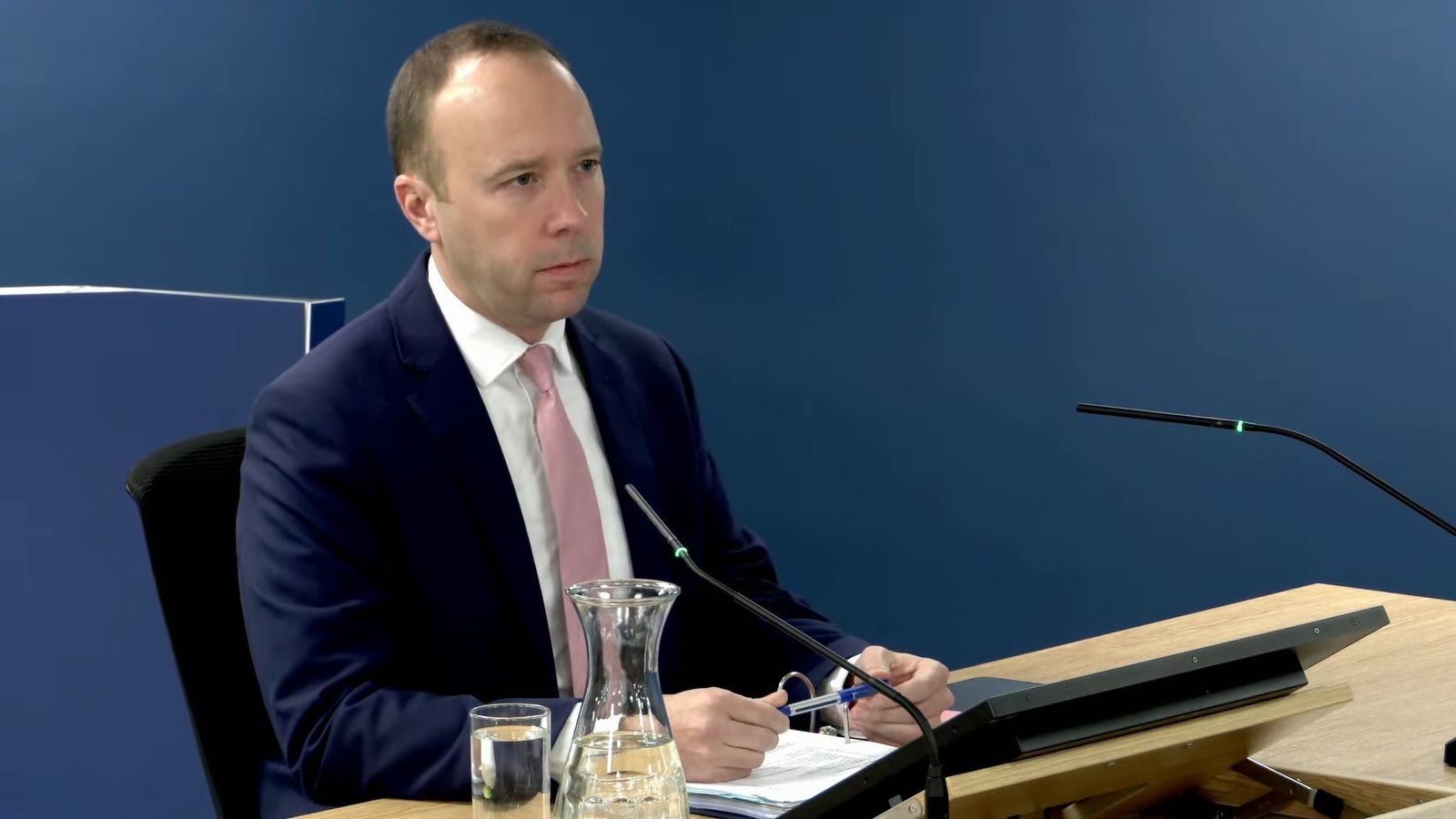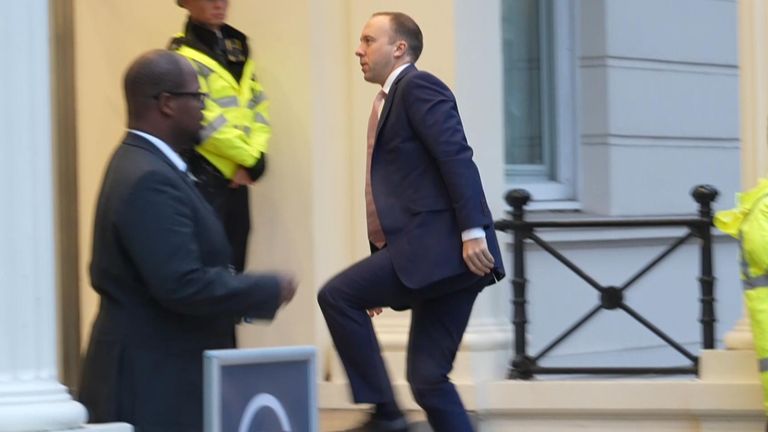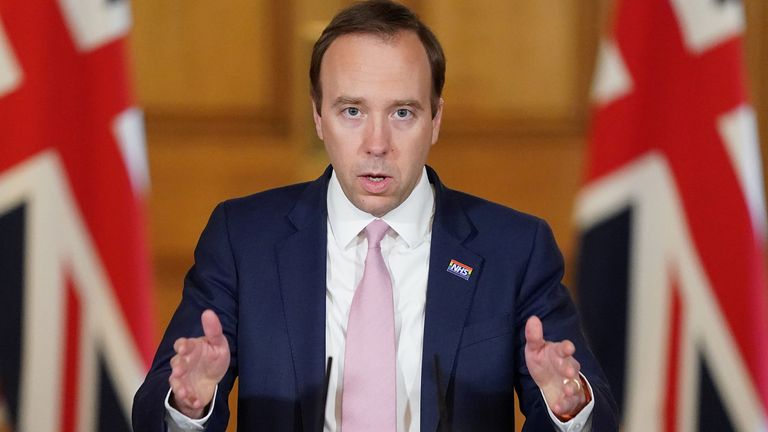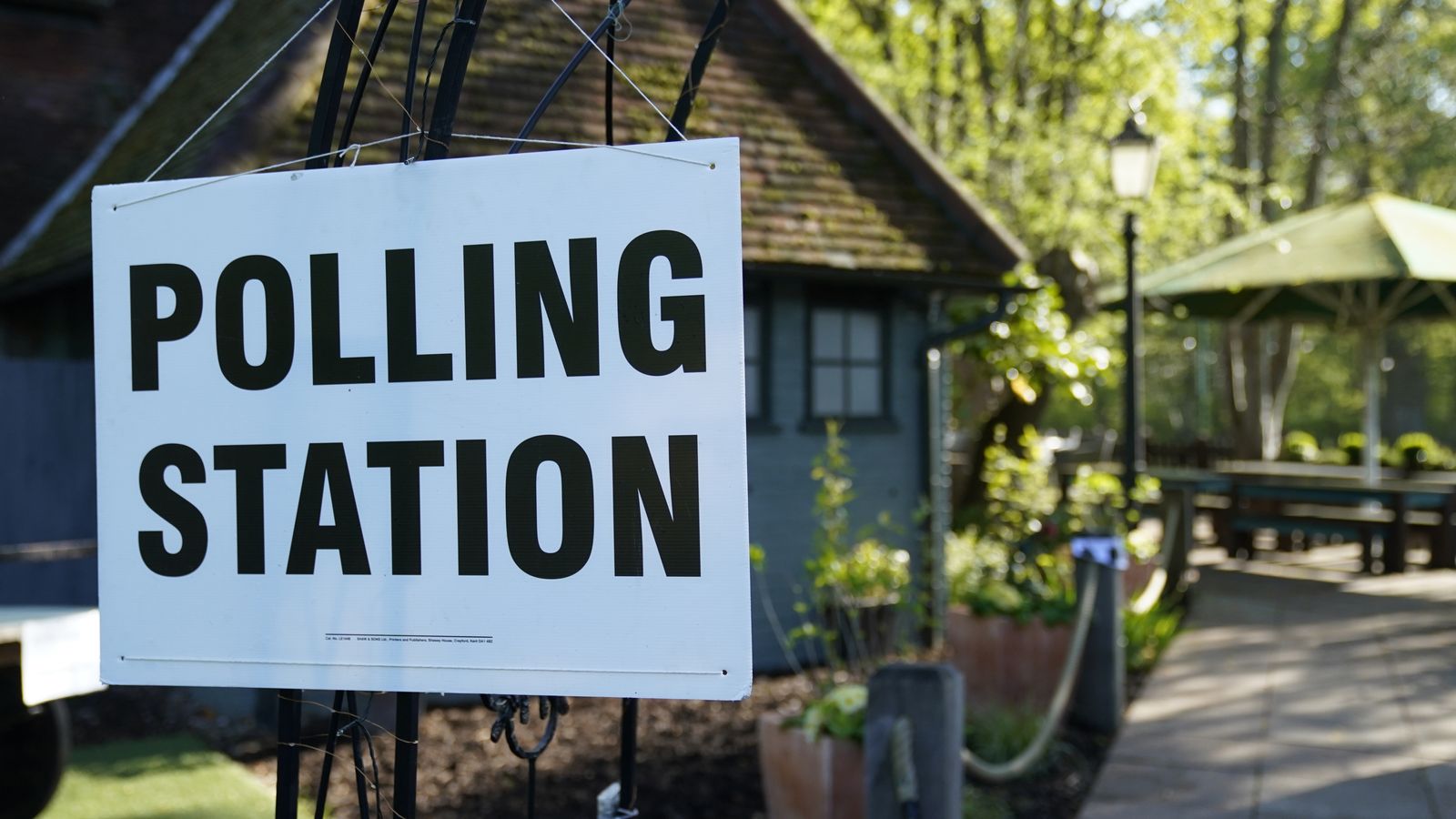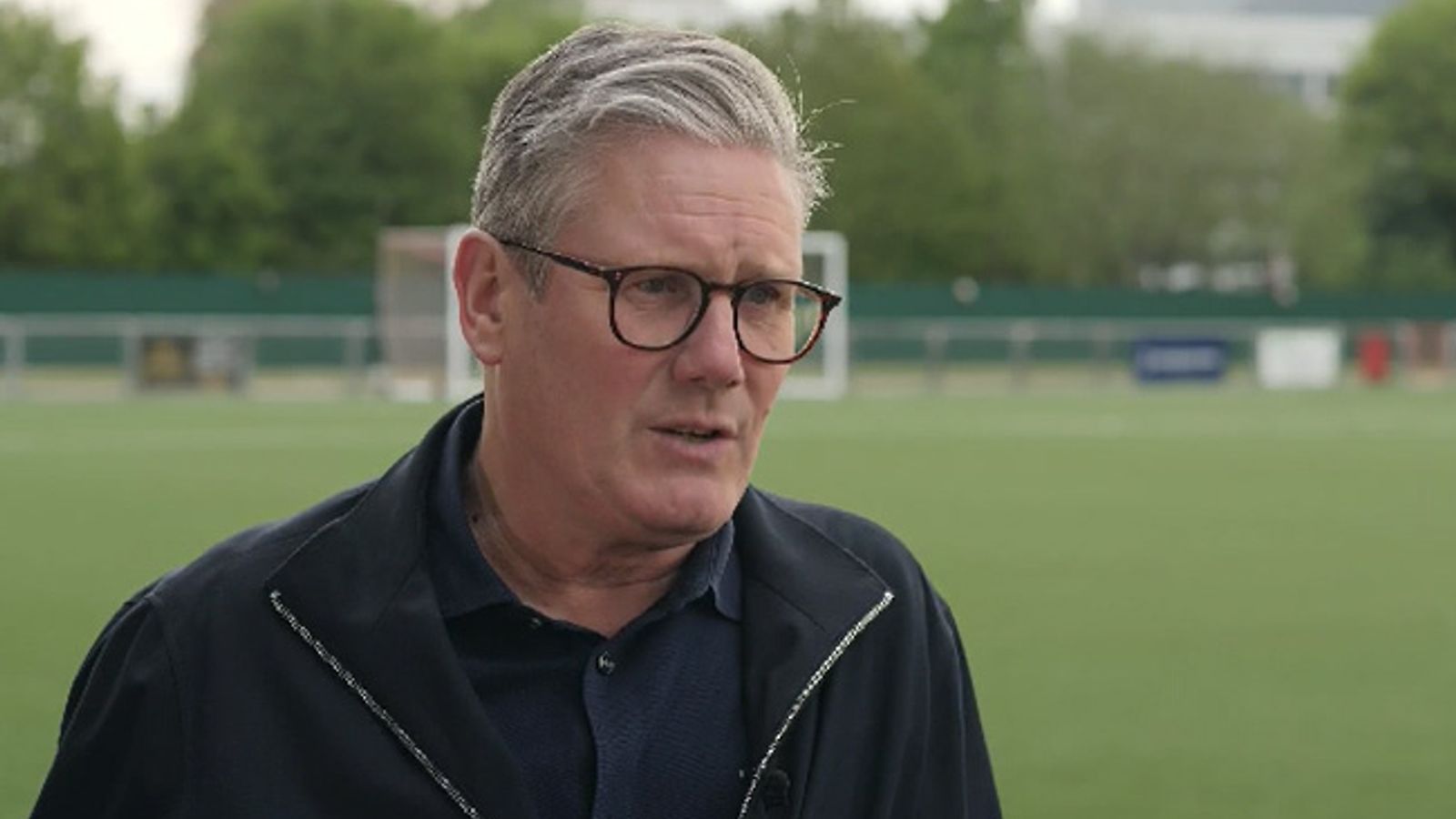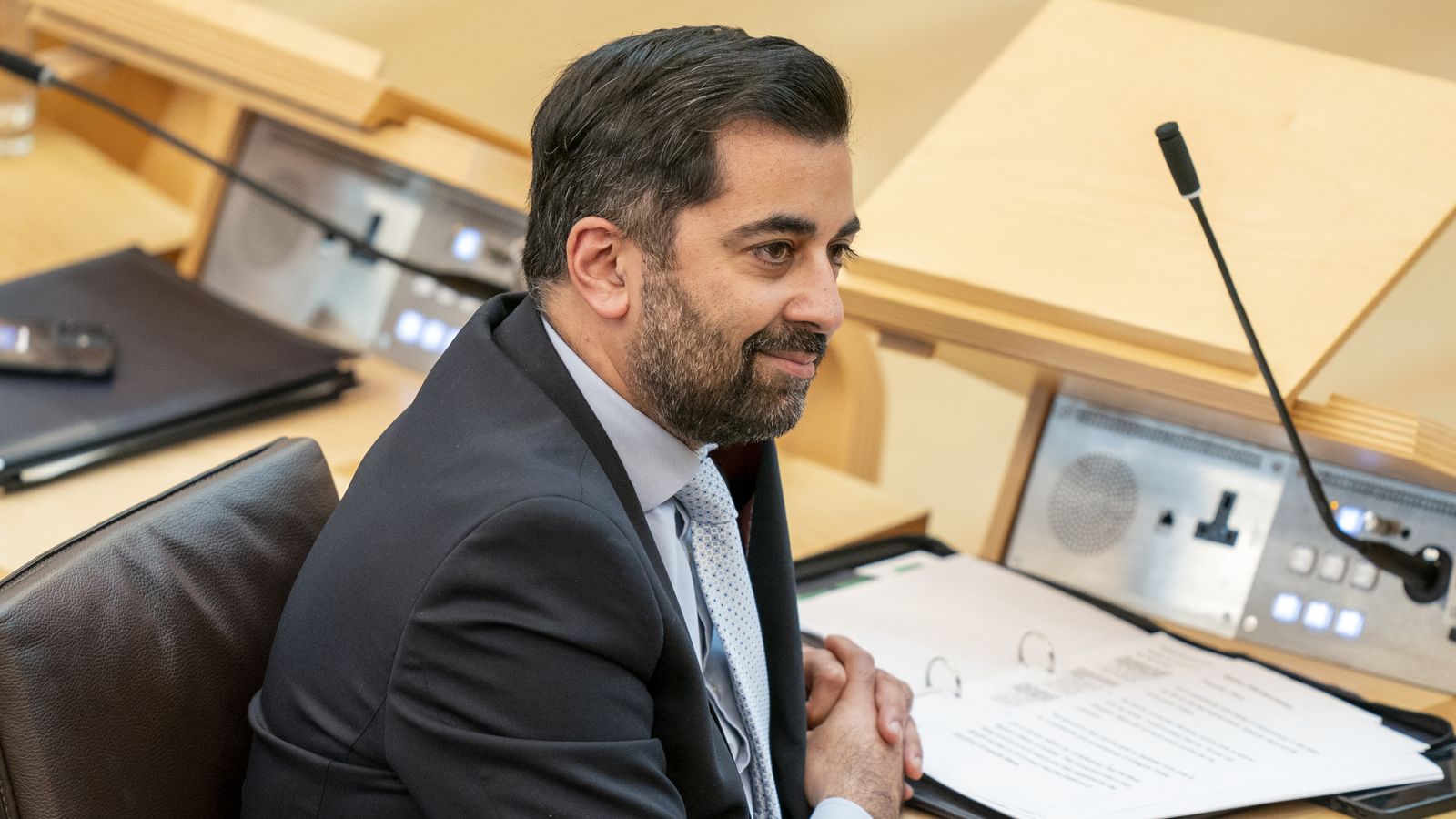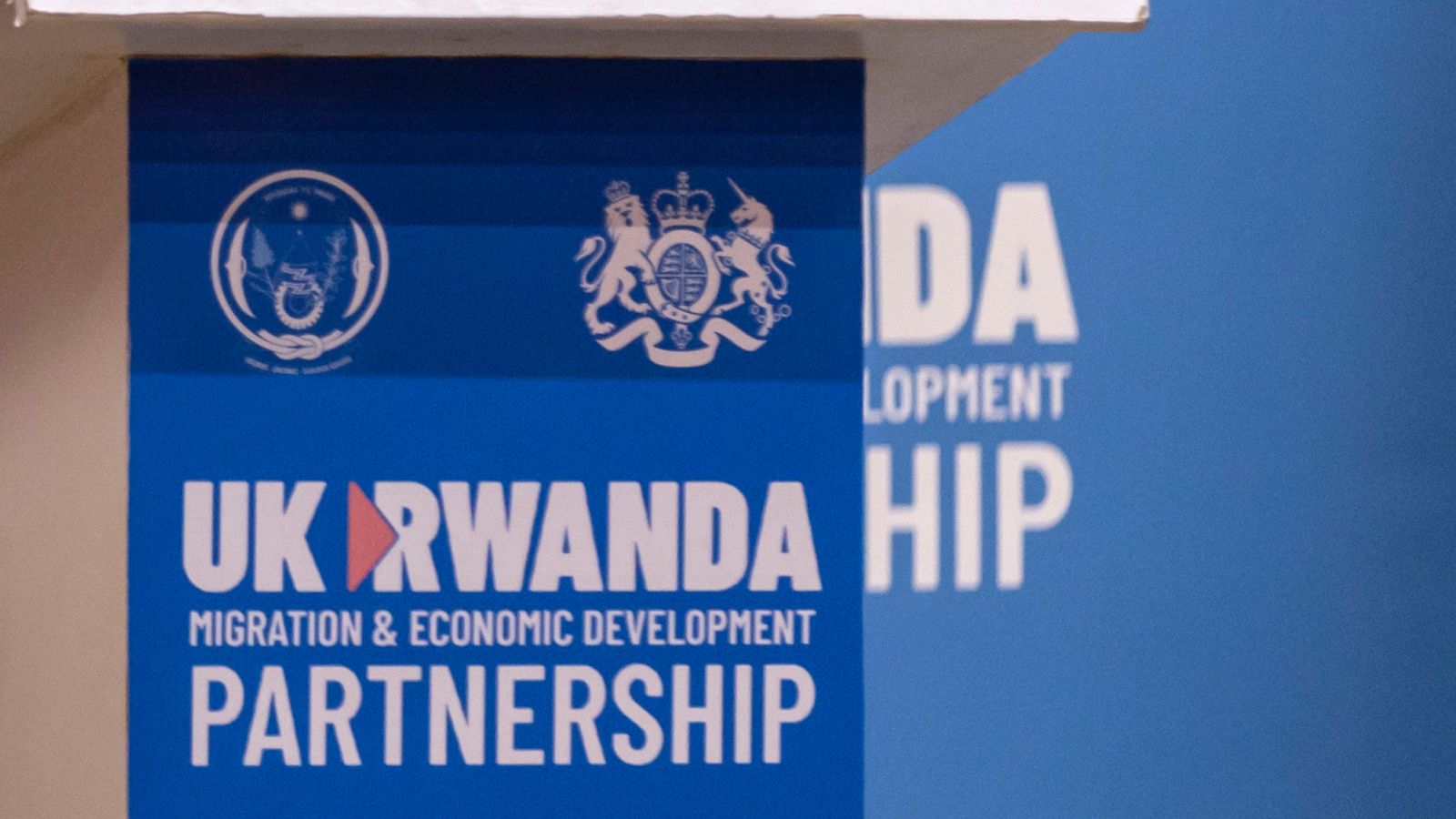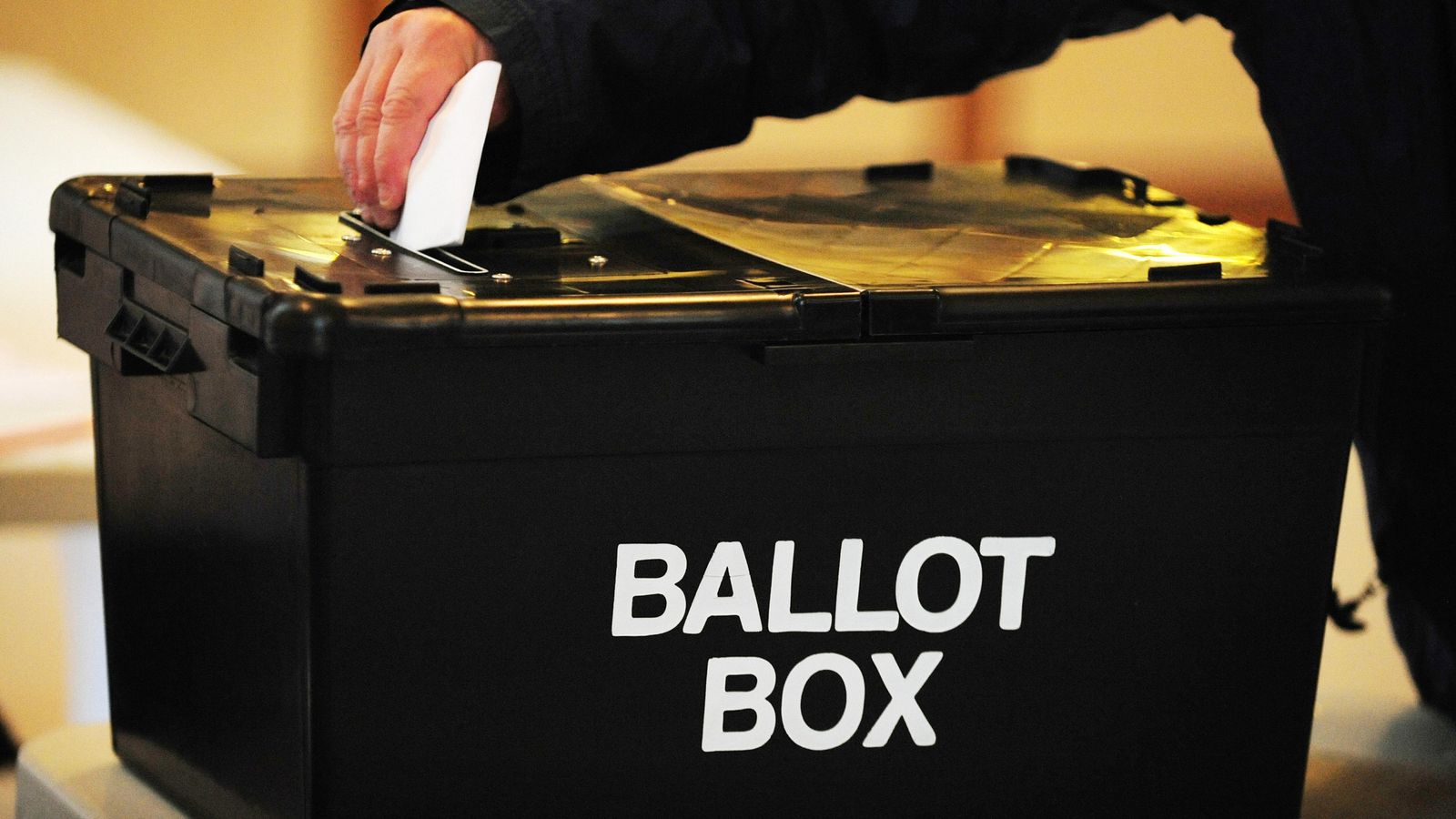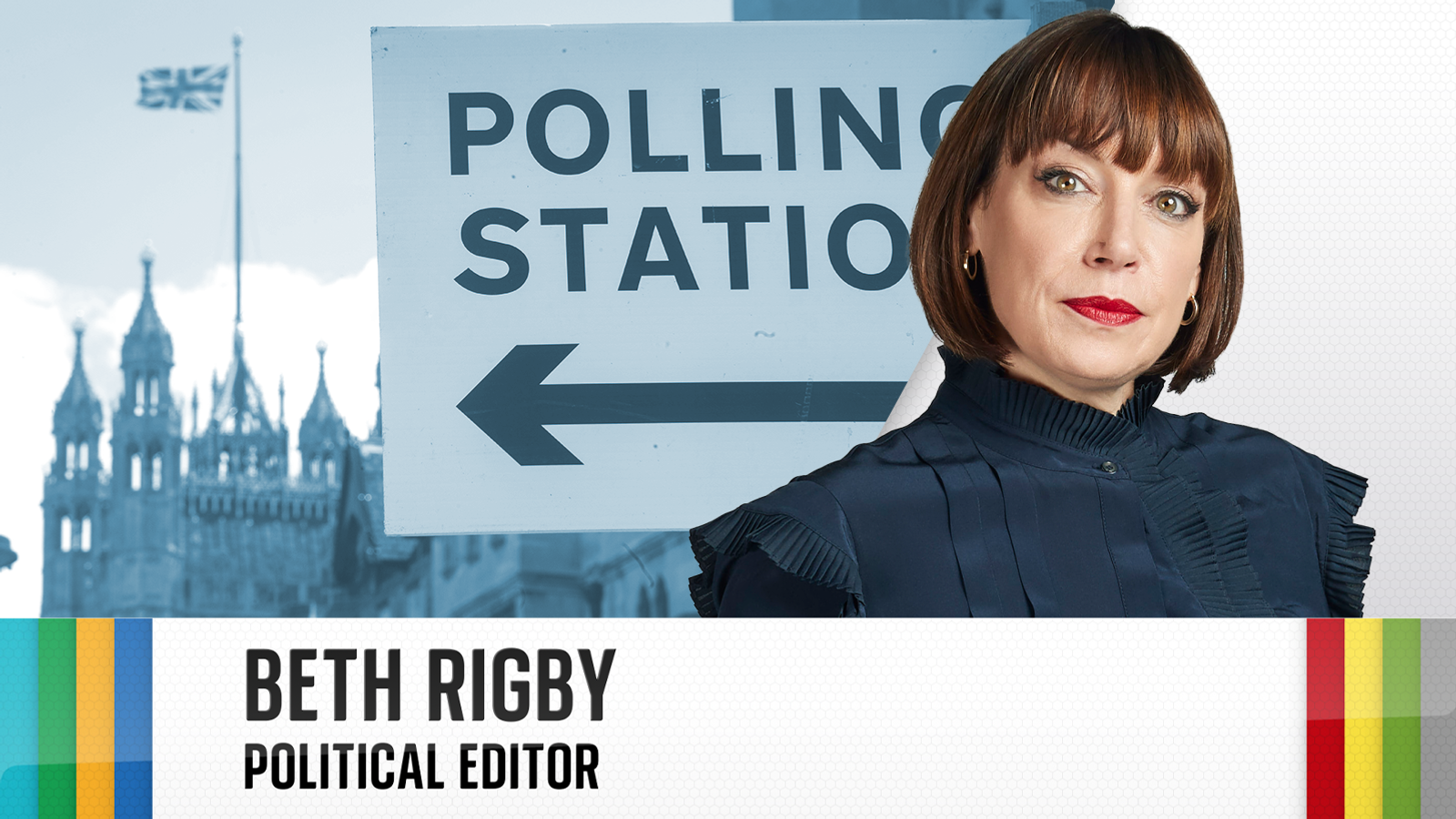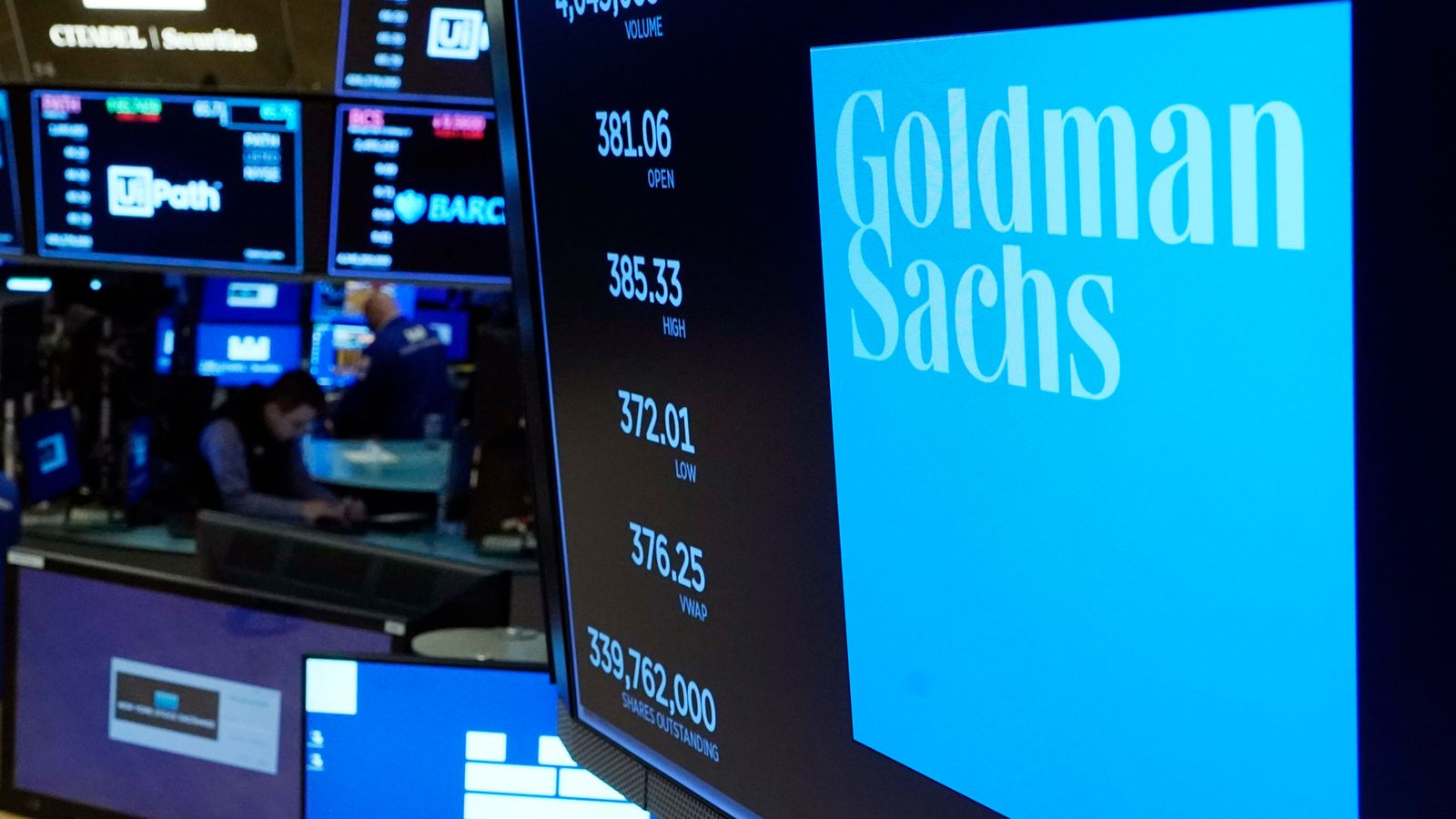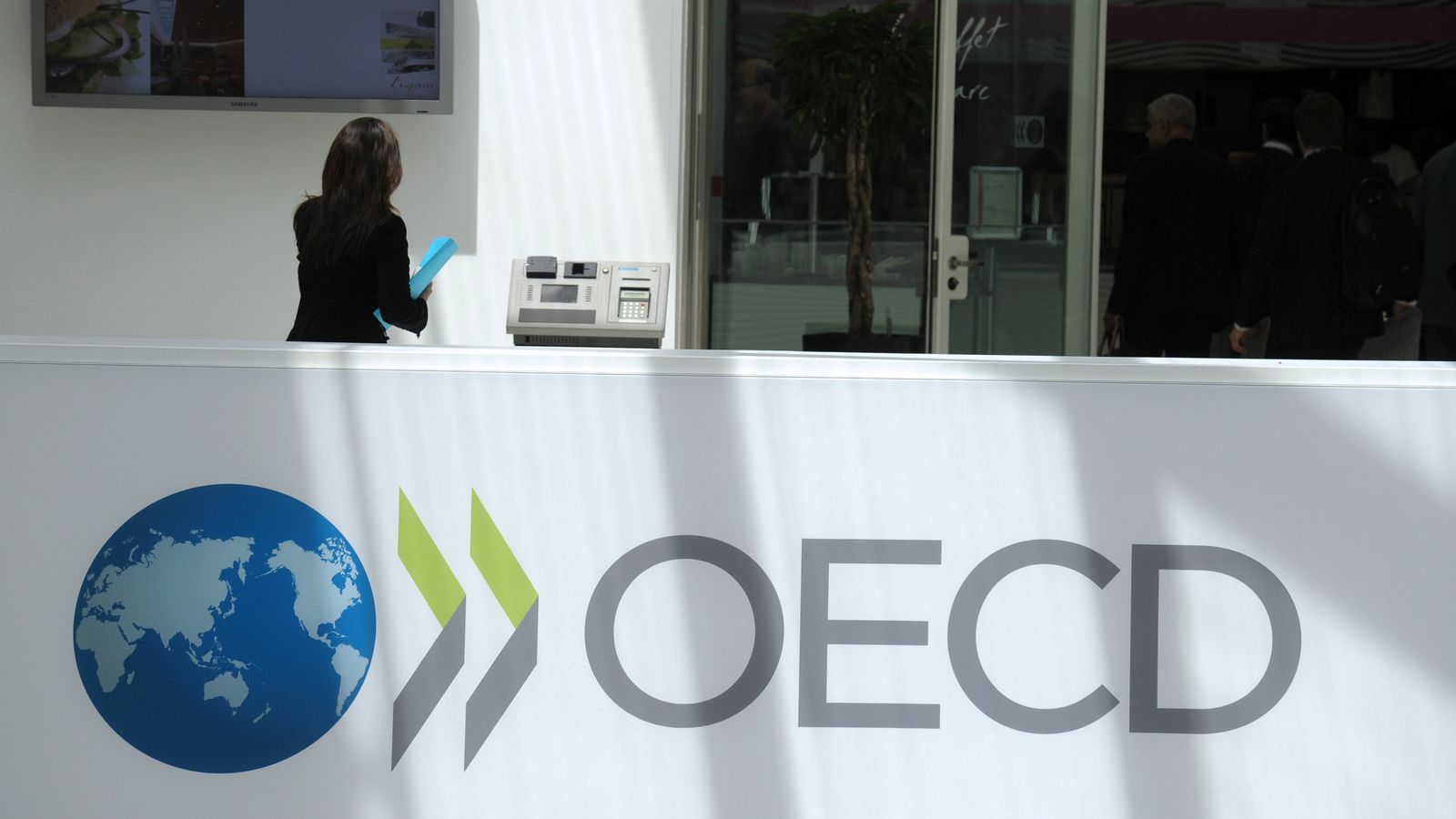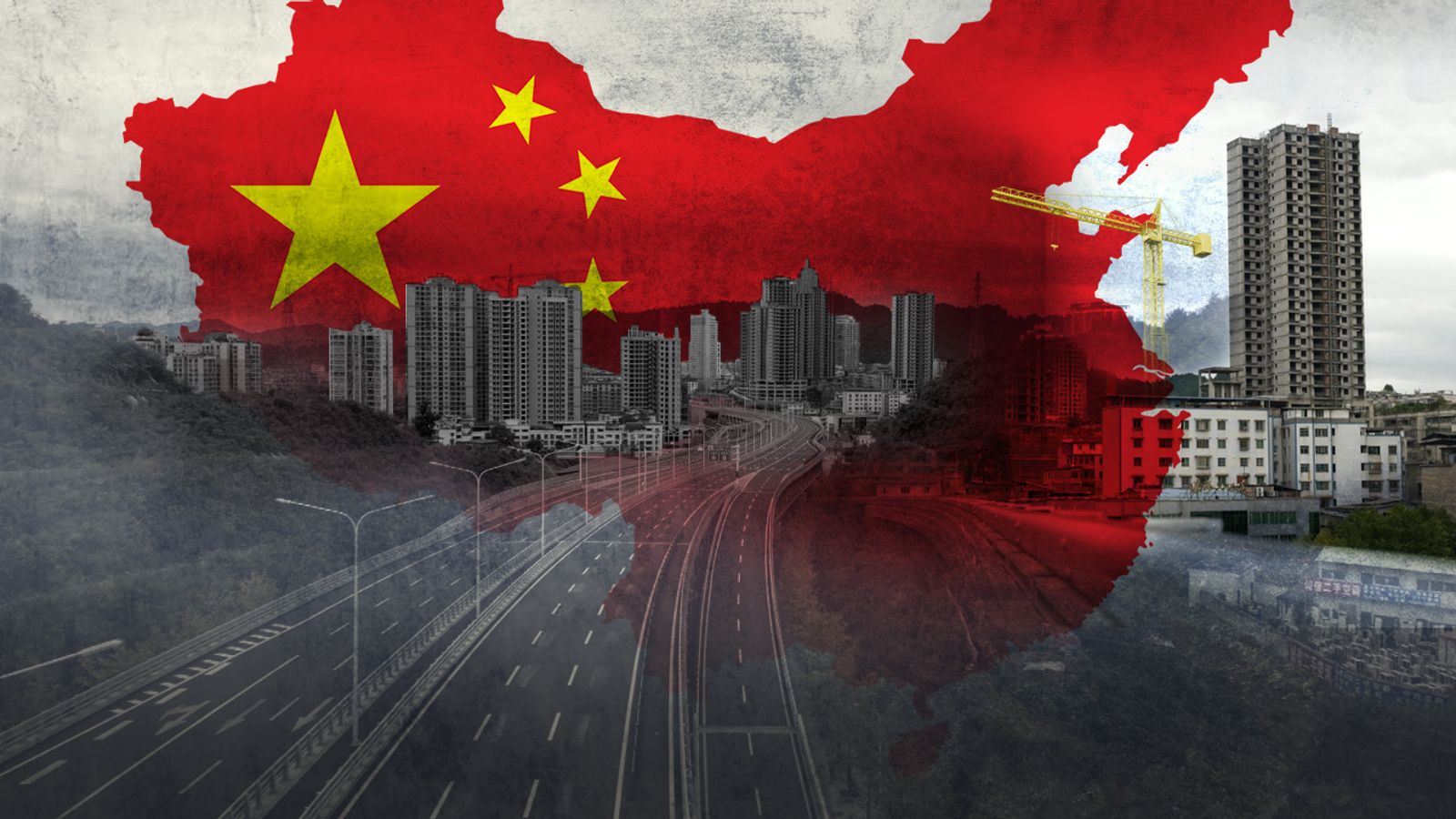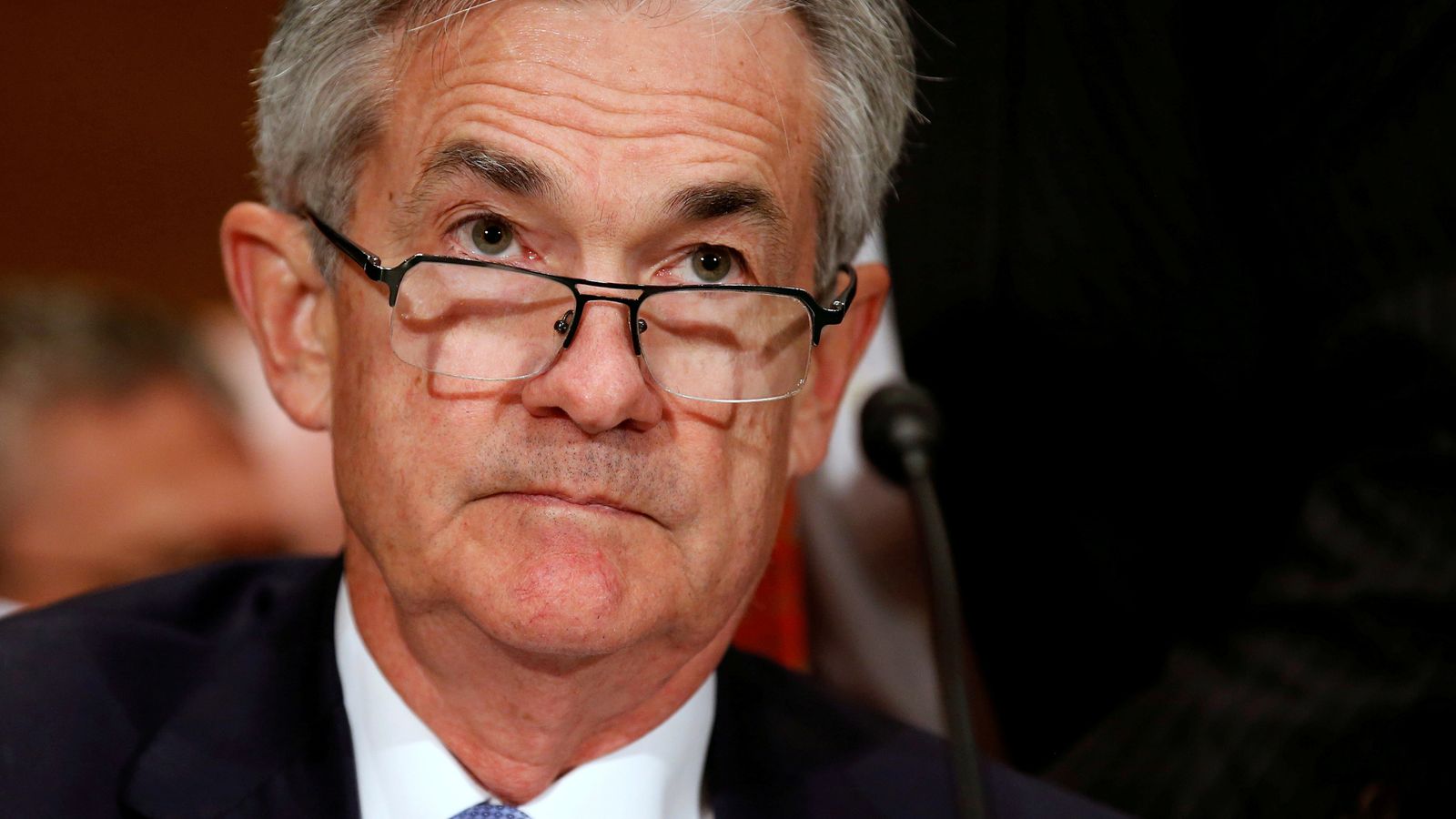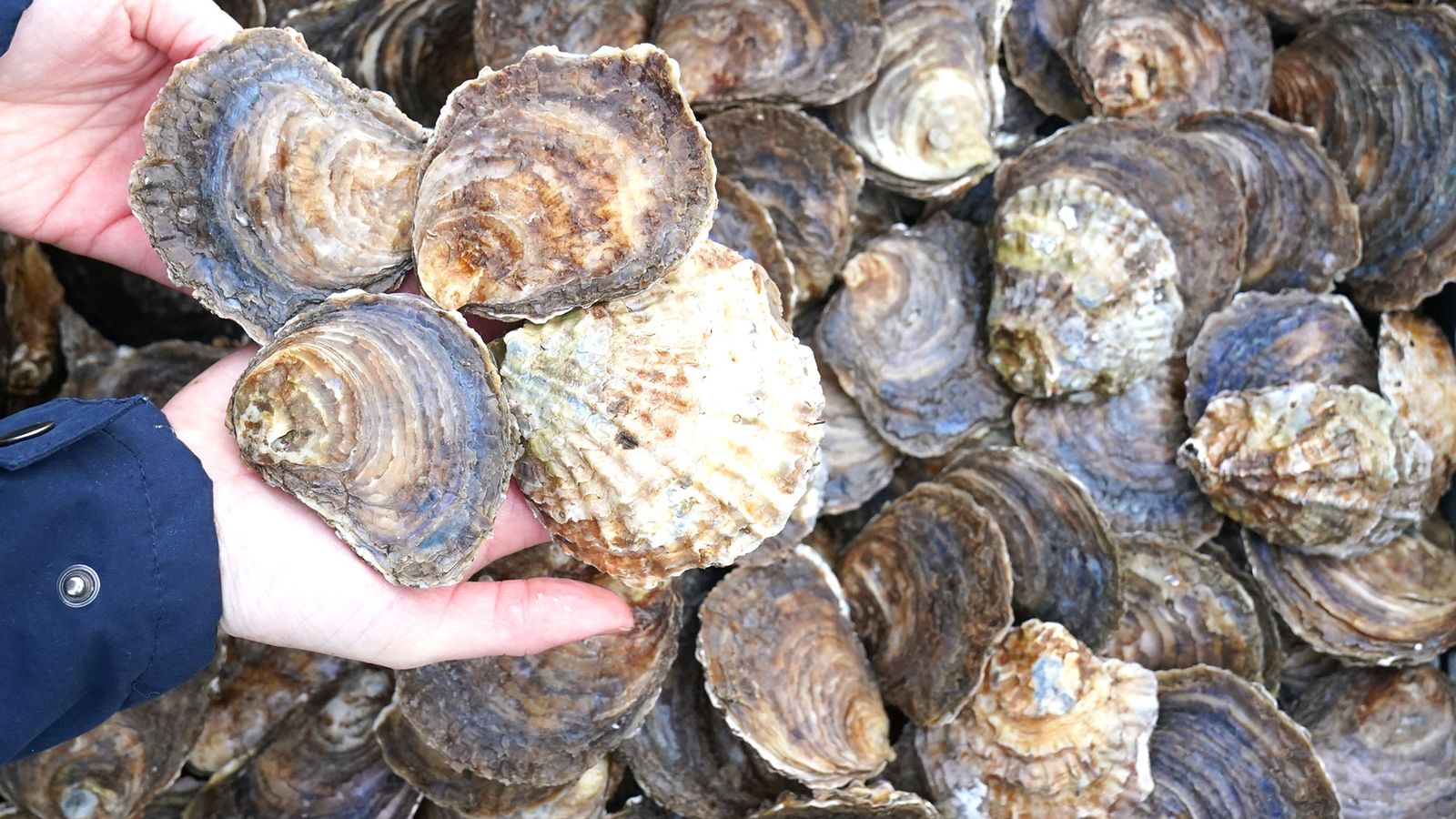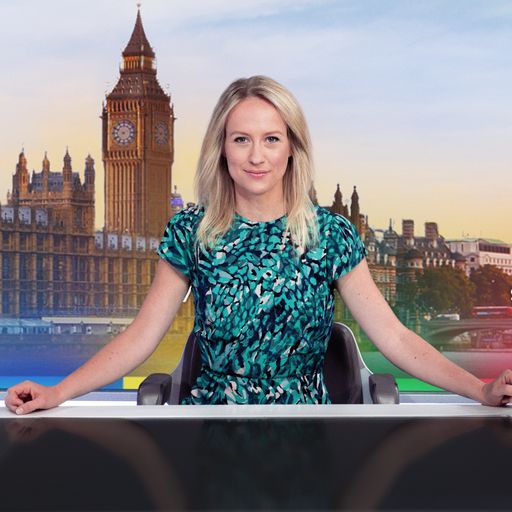
Matt Hancock has accused Dominic Cummings of giving “inaccurate” evidence to the COVID inquiry as he refuted accusations he himself was a liar – while also claiming the first lockdown happening three weeks earlier would have saved “many, many lives”.
The former health secretary on Thursday spent the whole day giving evidence to the UK’s COVID inquiry – and will return to continue doing so Friday.
In an escalating war of words, Mr Hancock accused Boris Johnson’s former chief adviser of being a “malign actor” who created a “toxic culture” in Downing Street during the pandemic.
Politics Live: Ex-Labour chancellor Alistair Darling dies
The broadside came as Mr Hancock was asked about accusations levelled at him that he had a habit of saying things that weren’t true when he held the top post in the health department.
Inquiry counsel Hugo Keith said a number of witnesses – including Mr Cummings, ex-chief scientific adviser Sir Patrick Vallance and former deputy cabinet secretary Helen MacNamara – referred to Mr Hancock as “lying”, “getting overexcited and just saying stuff” and saying things “which surprise people because they knew the evidence base wasn’t there”.
‘I was not’ lying
Mr Hancock said: “I was not.
“You will note that there’s no evidence from anybody who I worked with in the department or the health system who supported those false allegations.”
He added: “What there was, was a great deal of hard work on our side and a toxic culture that we had to work with, which seemed to want to find people to blame rather than spend all of their effort solving the problems.”
Mr Hancock went on to say that the “toxic culture” in government was “essentially caused by the chief adviser [Mr Cummings]” and the impact was that “others were brought into it”.
He said “the lesson for the future is systems need to be in place so that if there is a malign actor in No 10” or “people whose behaviour is unprofessional” then “the system needs to be able to work despite that”.
While defending his own relationship with the truth, Mr Hancock suggested that Mr Cummings’ testimony was “not accurate”.
He was presented with evidence the former adviser gave to the inquiry, saying that by 11 March – two weeks before the nation went into lockdown – it was generally understood a large percentage of the virus was being transmitted asymptomatically.
Read More:
Key questions facing ex-health secretary when he gives evidence
Hancock’s ex-aide called Cummings a ‘psychopath’
Inquiry reveals a toxic, destructive group working through a crisis
Mr Hancock said: “Well that is not accurate, as much of that particular witness’s evidence is not accurate, that is not accurate in all areas.”
In his attack on Mr Cummings, Mr Hancock also claimed the ex-top aide created a “culture of fear”, abused health department staff and “got in the way” of the response to the pandemic by trying to stage “a power-grab” and exclude ministers from meetings.
He said Mr Cummings had attempted to exert influence over decision-making in a way that was “inappropriate in a democracy”.
But Mr Cummings, who was heavily critical of Mr Hancock in his evidence to the inquiry, calling him a “proven liar”, hit back on social media that the former Tory MP is talking “rubbish”.
Locking down earlier, the care sector and Eat Out to Help Out
In the latter half of the inquiry, Mr Hancock was probed on various parts of the government’s response to the pandemic.
He said that 28 February 2020 was when the centre of government – including Mr Johnson – “really started to come into action”.
The former health secretary defended the path of action taken at the time, but said “with hindsight”, “that’s the moment we should have [locked down], three weeks, and it would have been would have saved many, many lives”.
The inquiry later moved on to the care sector and the way Mr Hancock described putting a “protective ring” around care homes.
At one point, messages sent from Mr Hancock’s then adviser, Jamie Njoku-Goodwin, on 13 May are shown to the inquiry. He tells his boss they might “have some issues” with Mr Hancock telling Mr Johnson care homes were “locked down” before the rest of the UK.
The only evidence for Mr Hancock’s claim at the time was guidance from 13 March which told sick people and contractors to stay away from care facilities, and encouraged hand-washing.
Mr Hancock also admitted that his so-called “protective ring” around care homes was not an unbroken circle of protection and had holes in it.
The former health secretary confirmed to the inquiry that he had not heard about the controversial Eat Out to Help Out scheme – which discounted using hospitality after the first lockdown – before it was announced to cabinet and the public.
Messages show that – despite being told the scheme was “causing problems”, Mr Hancock told cabinet secretary Simon Case he had “kept it out of the news”.
He added that he had been “protecting [the Treasury headed by then chancellor Rishi Sunak] in the comms and thankfully it hasn’t bubbled up”.
The former cabinet minister claimed he did this because he believed government is a “team effort”.
Mr Hancock played a key role in the UK’s pandemic response but various witnesses have expressed concern about his approach, with the inquiry hearing that the country’s most senior civil servant wanted him to be sacked and another accusing him of displaying “nuclear levels of overconfidence”.
His political career was torpedoed after footage emerged in 2021 of his affair with aide Gina Coladangelo which broke social distancing guidelines.
He now sits as an independent MP after losing the party whip for appearing on ITV’s I’m A Celebrity reality TV show following his sacking.
Click to subscribe to the Sky News Daily wherever you get your podcasts
He sought to defend his record during the lengthy evidence hearing, claiming he raised concerns about COVID in early 2020 but they were not taken seriously, and that he even warned Mr Johnson to go into lockdown 10 days before this actually happened.
But the inquiry barrister questioned his claim, saying there was no entry in Mr Hancock’s book, Pandemic Diaries, recording such a conversation and no notes or emails in the inquiry’s possession to back up his version of events.

